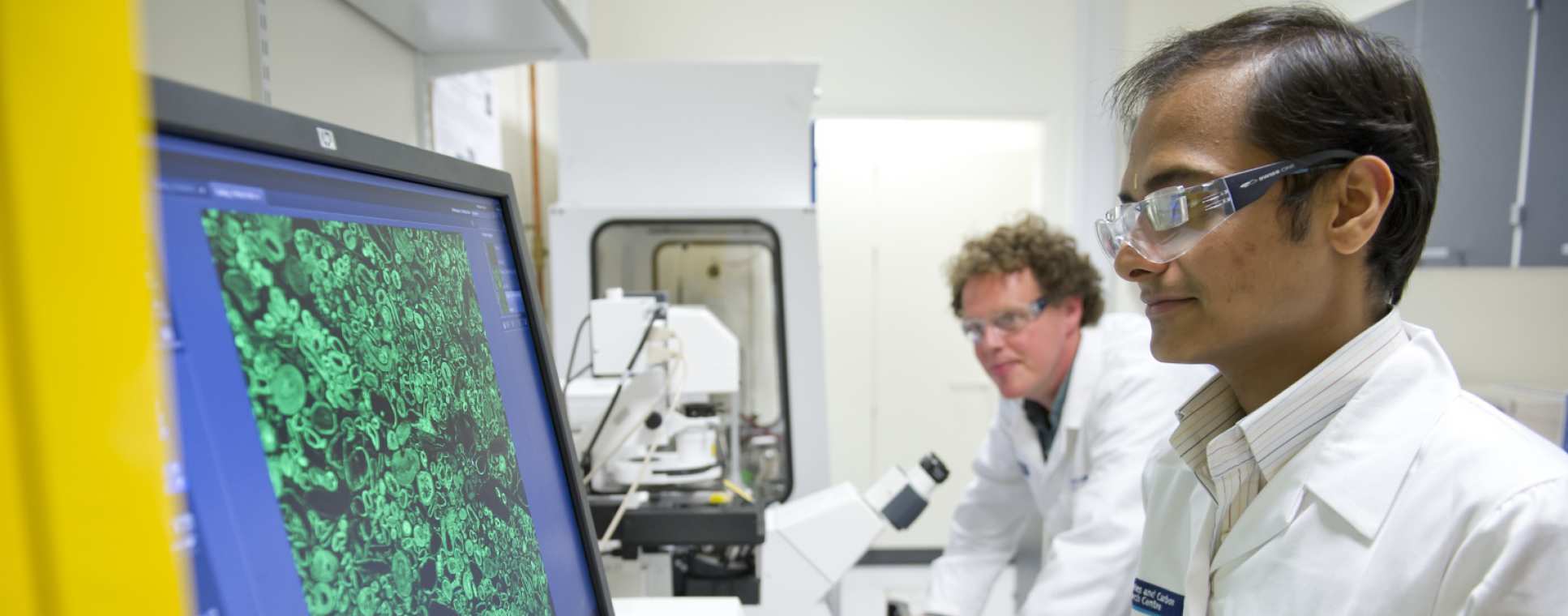Applying to the 2025 Clinical Research Fellow Program at Imperial College London and What You Need to Know
Are you a medical professional aiming to advance your career in clinical research? The Clinical Research Fellow Program 2025 at Imperial College London offers an exceptional opportunity to merge groundbreaking research with real-world patient care at one of the UK’s most prestigious medical schools.
Designed for aspiring clinician-scientists, the program provides access to advanced research tools, academic guidance, and cutting-edge healthcare technologies. Whether your goal is to pursue a PhD or specialize in translational medicine, this fellowship can serve as a strong foundation for building a career in medical research.
Click here to apply.
Applying to the 2025 Clinical Research Fellow Program at Imperial College London and What You Need to Know
Applications are now open for the 2025 Clinical Research Fellow Program at Imperial College London, a highly regarded fellowship that allows participants to contribute to a pioneering translational research project supported by the NIHR.
This year’s fellowship focuses on developing an automated tool for real-time EEG data interpretation to support clinical decision-making. The system will help identify patients experiencing non-convulsive status epilepticus—a critical but often overlooked neurological condition—and assist in detecting early signs of delirium.
The selected candidate will join a multidisciplinary team under the mentorship of Dr. Gregory Scott, a leading expert in computer science and clinical neurology. The research will integrate areas such as neurophysiology, translational neuroscience, cognitive testing, machine learning, and human-centered system design.
Key Responsibilities
As a Clinical Research Fellow, your duties will involve both clinical and research-focused tasks, including:
- Designing and managing a major hospital-based study
- Collecting and analyzing patient data
- Overseeing ethical and regulatory requirements
- Conducting detailed patient assessments using behavioral tests, neurocognitive tools, EEG systems (including user-friendly commercial platforms), and blood sampling for biomarker analysis
- Contributing to other ongoing research projects within the group, collaborating across disciplines to achieve wider research goals
Why Apply? Benefits of the Fellowship
- Contribute to research that could transform how clinicians detect and manage neurological and mental health conditions
- Work alongside the UK Dementia Research Institute and access world-class facilities at Imperial College London
- Gain hands-on experience in neuroscience, artificial intelligence, and cognitive health
- Receive academic support and tailored mentorship from Dr. Scott and senior faculty within a department well known for training clinical researchers
Eligibility Requirements
To be considered, applicants must:
- Hold a recognized medical degree (MBBS or equivalent) and valid GMC registration
- Have clinical experience working with patients and multidisciplinary medical teams in hospital settings
- Demonstrate basic knowledge of human electrophysiology, including EEG setup, data collection, and analysis
- Understand clinical research ethics and Good Clinical Practice (GCP) standards
- Be a collaborative, empathetic team player willing to work across sites
- Show independence, initiative, and problem-solving skills with minimal supervision
- Possess a pragmatic, solution-oriented mindset
Conclusion
The Clinical Research Fellow Program at Imperial College London is more than just a career step—it is a transformative opportunity that blends clinical practice with pioneering scientific research. Successful fellows will gain invaluable experience in one of Europe’s leading academic and healthcare environments while working with internationally recognized experts.
If you are ready to advance your clinical expertise and contribute to groundbreaking medical research, now is the time to prepare your application for the 2025 intake.










